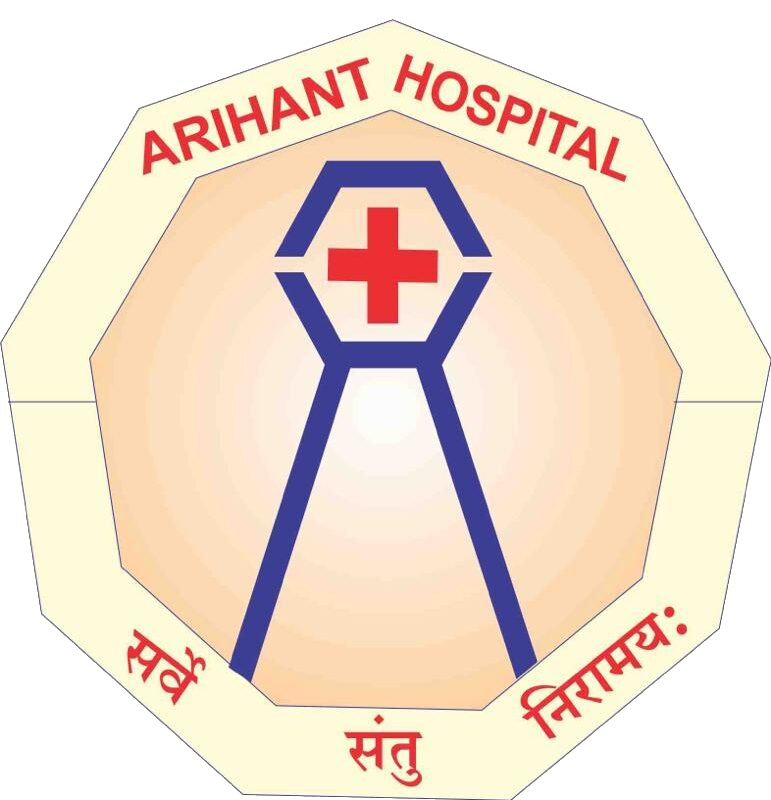Medicine & Gastroenterology

Basic Information:
Stroke, a medical emergency, occurs when blood flow to the brain is disrupted, leading to damage or death of brain cells. Paralysis is a common consequence of stroke, characterized by the loss of muscle function in one or more parts of the body. Both conditions require immediate medical attention and long-term rehabilitation.
Symptoms:
Stroke symptoms include sudden numbness or weakness in the face, arm, or leg, confusion, trouble speaking, and severe headache. Paralysis manifests as the inability to move specific muscles or muscle groups.
Causes:
Ischemic strokes result from a blocked artery, while hemorrhagic strokes occur due to bleeding in the brain. Risk factors include high blood pressure, smoking, diabetes, and age. Paralysis can result from stroke, spinal cord injuries, or neurological conditions like multiple sclerosis.
Prevention:
Preventing strokes involves managing risk factors such as hypertension, diabetes, and adopting a healthy lifestyle with regular exercise and a balanced diet. Rehabilitation and physical therapy play a crucial role in preventing complications and promoting recovery in individuals with paralysis.
Conclusion:
In conclusion, stroke and paralysis represent significant challenges in both acute medical care and long-term rehabilitation. The emphasis on prevention, rapid intervention, and comprehensive rehabilitation underscores the importance of addressing these conditions from multiple perspectives. By prioritizing a healthy lifestyle and early medical attention, individuals can reduce the risk of stroke and enhance recovery outcomes in cases of paralysis.
